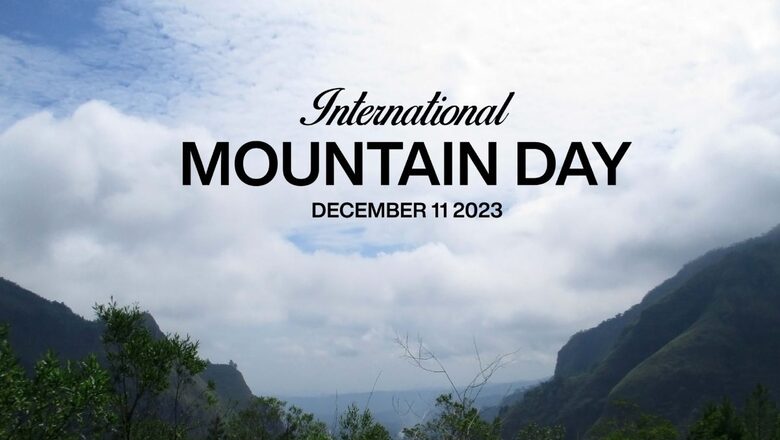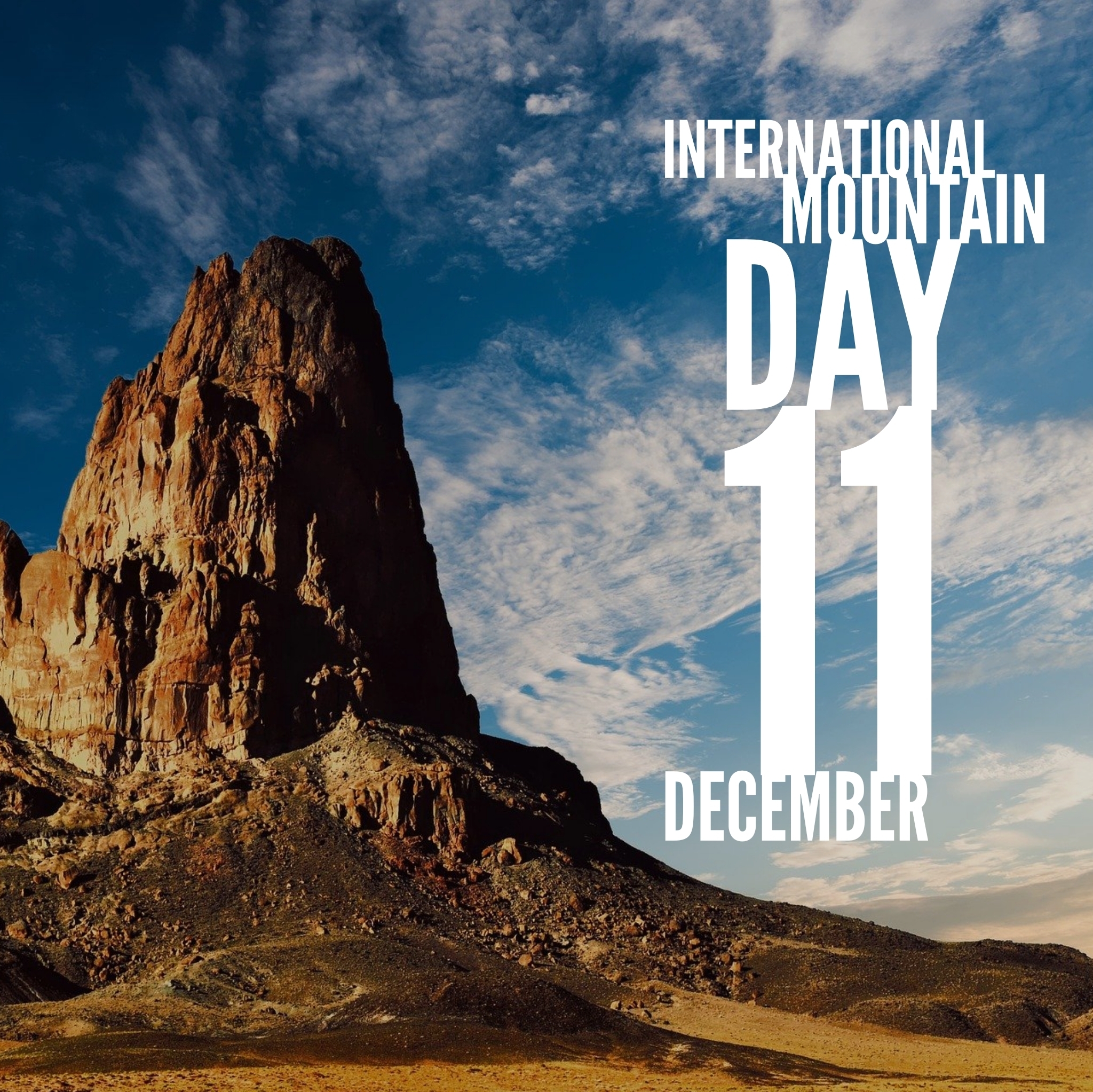
views
International Mountain Day is celebrated every year on December 11. It was first celebrated, two decades ago in 2003. International Mountain Day aims to “encourage the international community to organize events at all levels on that day to highlight the importance of sustainable mountain development.” The Food and Agriculture Organization (FOA) is the U.N. organization mandated to lead the observance of International Mountain Day around the world.

This year’s theme of International Mountain Day is “Restoring mountain ecosystems”. With this theme, the FOA hopes to raise awareness about sensitive mountain ecosystems, promote sustainable mountain tourism, and “increase the ability of mountains to adapt to daily threats and extreme climatic events.”
Tips to promote eco-friendly mountain tourism
- Support local businessesAccording to a 2021 report by FOA titled “Mountain Tourism –Towards a more sustainable path”, the empowerment of indigenous mountain communities is crucial for the protection of the mountain ecosystem. Local communities are most committed to preserving the natural resources of an area. It is helpful to invest money in local businesses be it choosing home-stays instead of staying in hotel chains or eating local meals made out of seasonal produce. Consuming locally sourced products and facilities also means that you will be using things that have less carbon footprint.
- Avoid relentless tourismNon-stop tourism is bad for mountains, as is demonstrated across the world be it at the Mount Everest summit or the more accessible locations like Shimla and Manali. Avoid travelling in peak season as it puts pressure on local resources to accommodate the arrival of tourists. Excessive tourism often leads to unquestioned construction projects which have been linked to increasing instances of landslides.
- Do not leave the litter behindIn 2020, microplastic pollution was discovered in snow close to the peak of Mount Everest. Similarly, many mountains in the world have been contaminated with plastic pollution left by campers and trekking enthusiasts. When you are traveling in the mountains make sure to not leave the litter behind. Waste management in the mountains is much harder than in other places. Mountains host about half of the world’s biodiversity hotspots therefore these areas are particularly sensitive to waste generation.
- Reduce, Reuse, RecycleTry to follow the ‘Reduce, Reuse, Recycle’ rule even as you are travelling. Avoid single-use plastic by carrying your reusable water bottle and cups instead of buying disposable bottles and cutlery. Try to use local transportation instead of renting or hiring a personal vehicle. If you are flying to your destination then try to pick direct flights as they will have a lesser carbon footprint. You can also find flights with lower carbon emissions via Google Flights feature.
- Be mindful of local restrictionsDo not encroach on eco-sensitive areas like protected lakes, waterfalls, or forests during your travel in the mountains. For instance, in July 2023, a video emerged that showed tourists driving around Ladakh’s Tso Kar and Tso Moriri lakes. These lakes are listed as Ramsar sites, meaning that the area around the lake should have minimum human interference as these wetlands host endangered or critically endangered species.




















Comments
0 comment